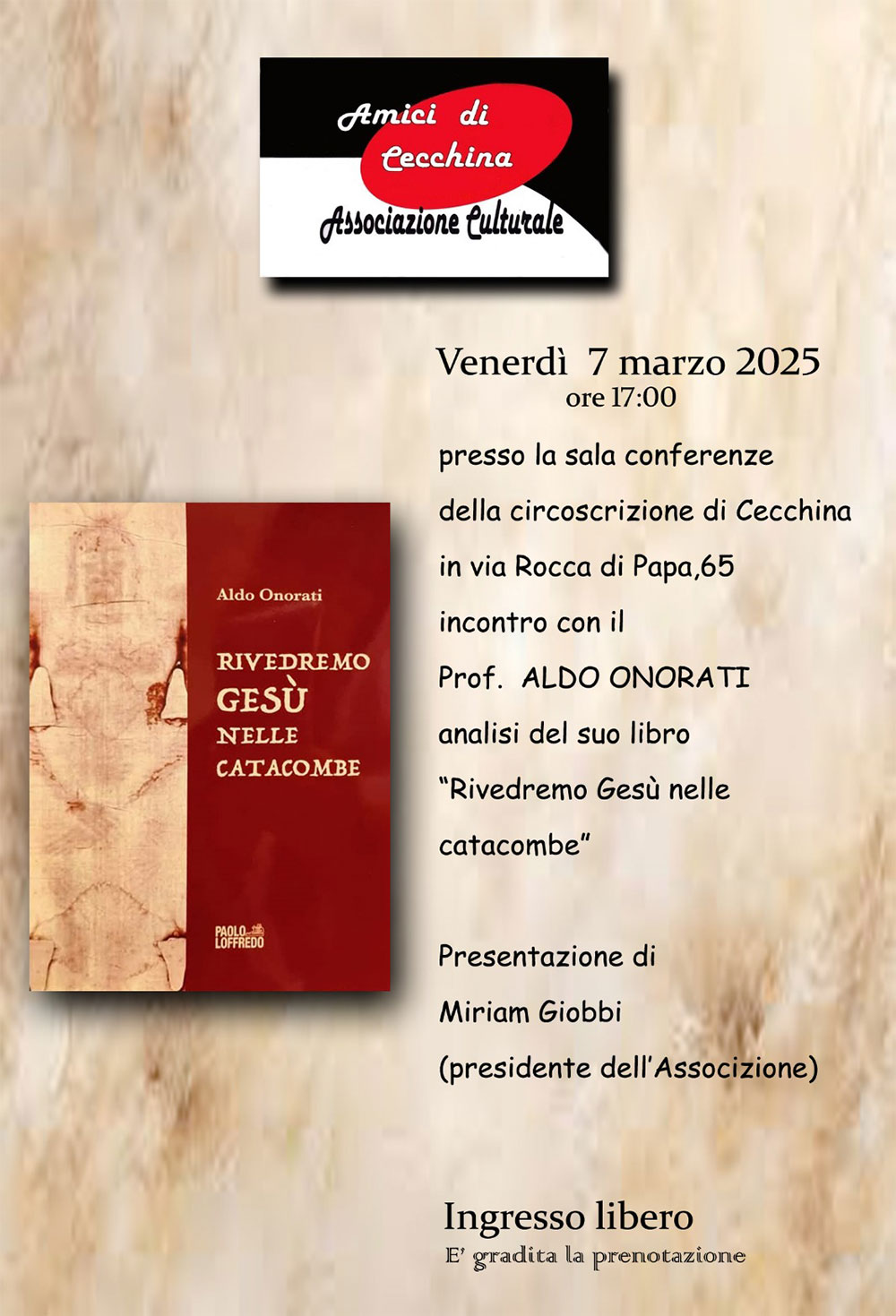 Paolo Loffredo, sixth generation of a large family of publishers and booksellers engaged in the production and distribution of books since the late nineteenth century, creates in 2012 the new editorial company Paolo Loffredo Editore. The historical site was until the '80s in the heart of the historic centre of Naples in Via San Biagio dei Librai, lower Decumano and also known as the SpaccaNapoli.
Paolo Loffredo, sixth generation of a large family of publishers and booksellers engaged in the production and distribution of books since the late nineteenth century, creates in 2012 the new editorial company Paolo Loffredo Editore. The historical site was until the '80s in the heart of the historic centre of Naples in Via San Biagio dei Librai, lower Decumano and also known as the SpaccaNapoli.
At the beginning of the twentieth century, Giuseppe Loffredo decided to add book selling to the book production, which definitively imposed itself after World War II with the publication of manuals for the University and for the School that succeeded in establishing themselves soon throughout Italy.
LAST EVENT
"Rivedremo Gesù nelle catacombe"
07 Marzo 2025 - Sala Conferenze circoscrizione di Cecchina - via Rocca di Papa 65, Albano Laziale (RM) - ore 17,00

La seduzione del “Libellus” – Metapoetica e intertestualità in Marziale
ISSN: 2611-1411
Language: Latin, Italian
Publisher: Paolo Loffredo Iniziative Editoriali Srl

Description
La seduzione del “Libellus” . Metapoetica e intertestualità in Marziale
In devoting to Faustino the third book of his collection of epigrams, Martial reflects on the dynamics of the reception of the work, in which a decisive role is ascribed to the intervention of the patronus, able to tear the verses to an early as humiliating oblivion and create the conditions for their lasting Fortleben. Behind the captatio benevolentiae of the illustrious protector is hidden, however, a complex poetological plot that leaks the full awareness of the merit of his own ars by the epigrammist and that, thanks to the resumption of the theme in two compositions of the fourth and seventh book addressed to the learned Domizio Apollinare, he arrives at a more and more completely eroticized hatching of the relationship between text and reader. Of this connotative strategy we intend to investigate not only the coherent development, but also the effectiveness in exploiting the rich intertextual substratum and in mobilizing some cultural paradigms of the Flavia age functional to the individuation of the seductive power of the libellus as an indispensable requirement to capture the coveted favor of the public.



